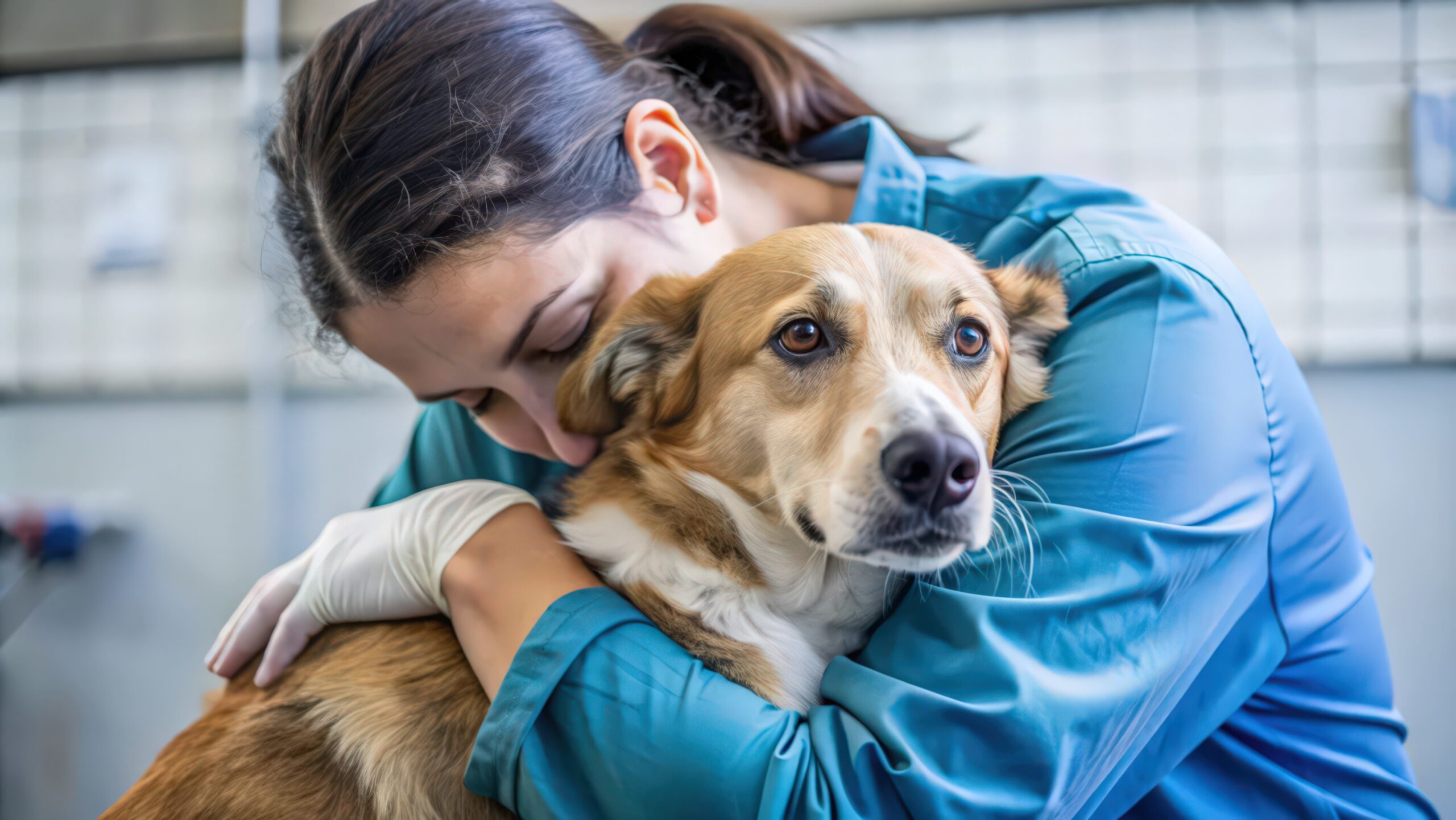We’re delighted to post about the release of the second annual report for the Canine Cruciate Registry (CCR), published by RCVS Knowledge (link to website). This milestone highlights the continued growth and impact of this essential registry in advancing care for dogs affected by cruciate ligament injuries.
As the platform provider for the CCR, Amplitude is proud to play a part in enabling the collection and analysis of high-quality data that informs best practices to improve outcomes for canine patients. This year’s report presents valuable insights derived from registry data, providing an evidence-based foundation for veterinarians to optimise treatment strategies.
Why the CCR Matters
Cruciate ligament injury is one of the most common orthopaedic issues in dogs, and the CCR was established to bridge the gap between treatment approaches and measurable outcomes. By collecting and analysing real-world data from veterinary practices, the registry supports continuous learning and development within the field.
With the 2024 annual report now available, veterinary professionals and researchers can gain a deeper understanding of current trends, treatment outcomes, and areas where care can be further enhanced.
Supporting Progress Through Data
At Amplitude, our mission is to empower healthcare providers—both human and veterinary—with the tools they need to make informed, data-driven decisions. The CCR is an excellent example of how registries can be used to drive meaningful progress, fostering collaboration across practices and enabling better patient care.
We’re proud to contribute to this initiative by providing the technology that powers data collection, reporting, and analysis, ensuring that every data point counts toward improving outcomes for dogs with cruciate ligament disease.
Access the Report
If you’re interested in learning more, the 2024 Canine Cruciate Registry Annual Report is now available to view on the RCVS Knowledge website. You can access it here: Canine Cruciate Registry Annual Report 2024.
We’d like to congratulate everyone involved in this important project and look forward to seeing how these insights will shape the future of veterinary care.


